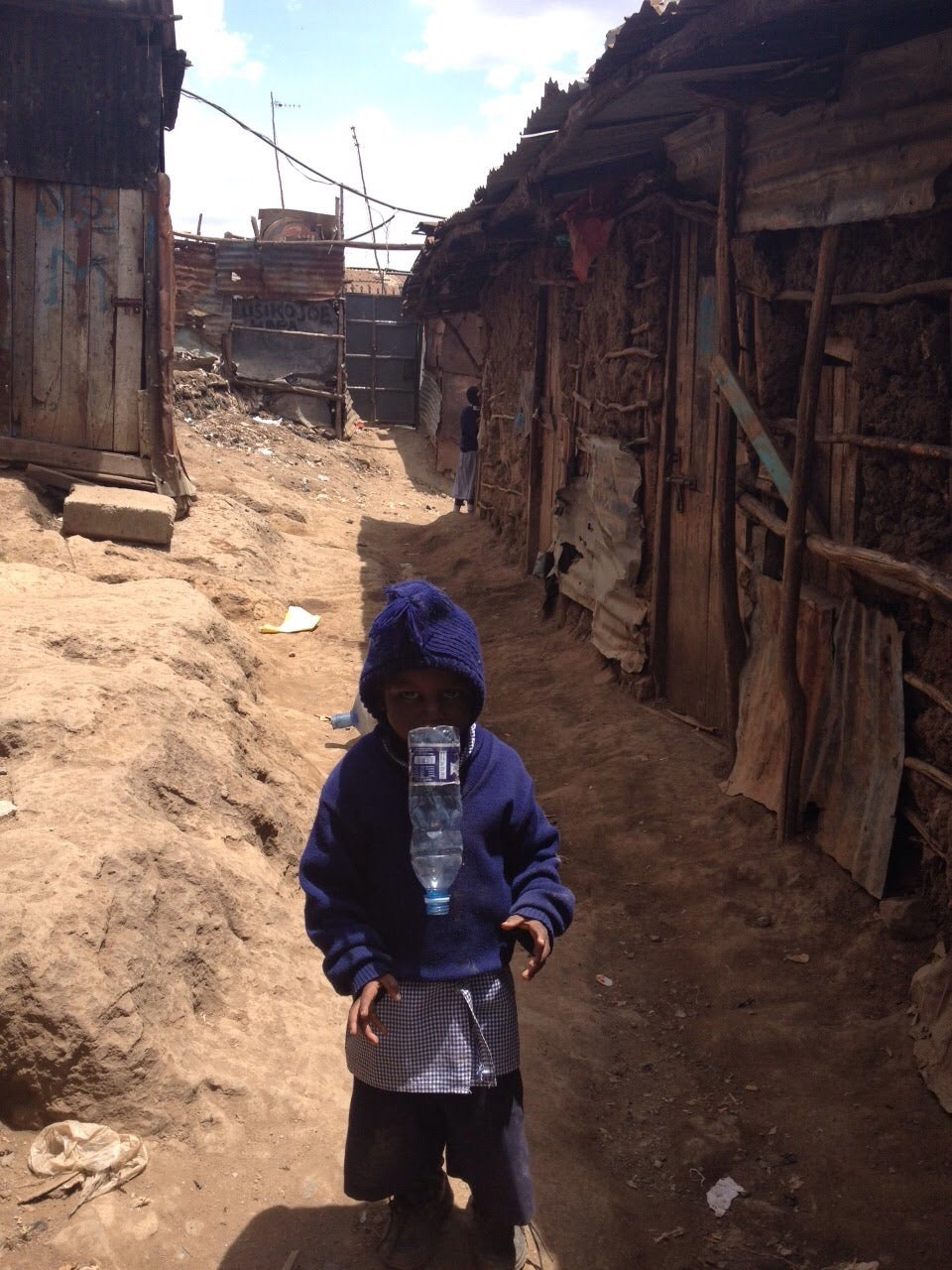
Do you know what Environmental Racism is?
*The text is authored by the Ambiafro project. Due to an error on the site, we were unable to place the correct author.
Imagine that in a beautiful morning you wake up and feel that something is different near your house. There is a different movement, the noise of machines, dust being raised and people you have never seen in your life telling you that you have to leave, because a highway is going to be built and your house (you and your family members too) are in the way. Or, also imagine that in a creek very close to where you live (you grew up and lived most of your life) you are receiving waste from an industry that was installed a week before. All this in the name of development! This all may seem absurd from some dystopian future, but it happened (and happens) here in Brazil and in other locations around the world. Certain human communities are 'handpicked' to go through these situations. Generally, the burden of environmental damage from development is predominantly concentrated in places where vulnerable, mostly black communities live. This is how environmental racism is formed.
Environmental racism is a form of institutionalized discrimination. It is a historical and political process, a racial discrimination that originates from the elaboration to the application of socio-environmental laws and policies. The effects of impacts caused by human activities are not experienced in the same way by all ethnic and social strata. In Brazil, it is the poor neighborhoods on the urban outskirts (mostly black people) and in indigenous territories, quilombolas and other traditional communities that are forced to live with the pollution of the environment where they live and work, water and energy shortages, among others. other things. They are people neglected by the state. Economic strength determines the power to access basic rights. It is no wonder that in the current capitalist production model, this situation of environmental vulnerability is strongly related to social inequality.
Although currently the recognition of 'classic' racism in Brazil is still discussed, the starting point for changing this socio-environmental relationship is firstly the recognition of its existence. Racism is a central issue in the construction of democracy in Brazil and the best way to address these issues is with the participation of all interested citizens, in various organizational spheres. The State (Federal, State and Municipal) must act to reduce inequalities and properly assist those in vulnerable situations. It may seem like a utopia, but it is possible.


